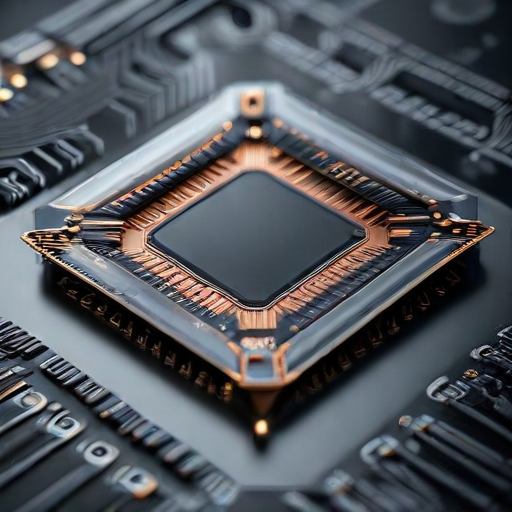Google’s stock surged over 5% on Tuesday following the announcement of its new quantum computing chip, named Willow, which the tech giant claims represents a significant advancement in the field. In a recent blog post, Google explained that the chip is capable of solving a mathematical equation that would take a classical supercomputer an astronomical 10 septillion years—essentially, longer than the history of the universe—mere five minutes.
This advancement addresses a critical challenge in quantum computing. Unlike conventional computers that process information using bits (1s and 0s), quantum computers utilize qubits, which can exist in multiple states simultaneously. This ability potentially allows quantum machines to perform more complex calculations at unprecedented speeds. However, qubits are notoriously fragile and can lead to errors, especially as more are employed in computations. Google claims it has successfully reduced these errors while also increasing the number of qubits utilized in its tests, marking a pivotal step toward achieving accuracy essential for practical applications of quantum technology.
Google isn’t alone in this venture; other tech giants such as IBM, Intel, Amazon, Microsoft, and Honeywell are also heavily invested in quantum computing research. The technology is believed to have vast potential across various sectors, with applications ranging from drug discovery and energy solutions to strengthening cybersecurity.
The U.S. government is recognizing the importance of quantum computing, increasing its support for research in this area. The National Quantum Initiative Act, signed into law in 2018, allocated $1.2 billion in federal funding, and recent bipartisan proposals aim to boost this investment by an additional $2.7 billion. Meanwhile, China is also making significant strides, reportedly investing over $15 billion into its quantum research programs.
According to a McKinsey survey conducted in 2024, a majority of tech executives and investors (72%) believe that fully fault-tolerant quantum computers, which are pivotal for practical applications, may not be realized until 2035 or later.
In conclusion, Google’s innovation in quantum computing marks an exciting development in a field with immense potential. As more players join the race, and with increasing governmental support, the future of quantum technology seems promising, hinting at revolutionary advancements that could dramatically change numerous industries.
